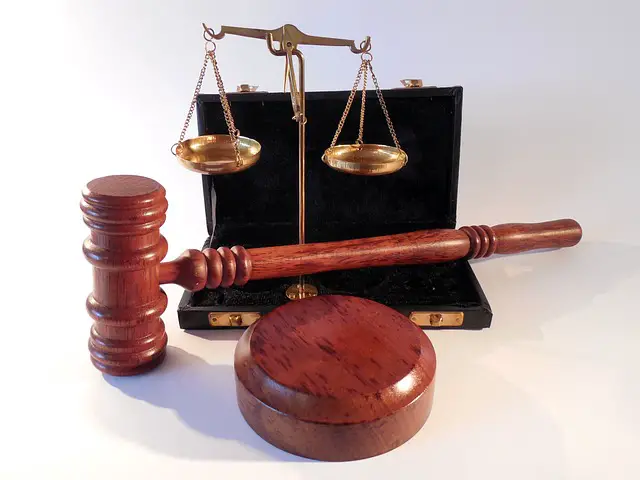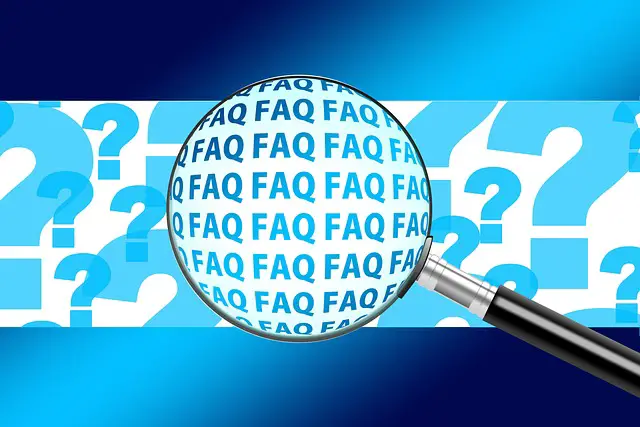Welcome to our comprehensive guide on property law! Whether you’re a first-time homebuyer, a seasoned investor, or simply interested in legal principles that govern property ownership, this blog post will provide valuable insights. We’ll delve into key concepts, explain the intricacies of property law, and address common questions to help you navigate this complex field.

What is Property Law?
Property law is a branch of law that deals with various aspects of property ownership and transactions. It encompasses a broad range of legal principles governing the acquisition, use, and transfer of property. This area of law ensures that property rights are defined, protected, and enforced.
Types of Property

- Real Property: This includes land and anything permanently attached to it, such as buildings and structures. Real property law covers topics like zoning regulations, land use, and property development.
- Personal Property: Unlike real property, personal property refers to movable items that are not fixed to land. This can include vehicles, furniture, and intangible assets like stocks and bonds.
Key Concepts in Property Law

- Ownership and Title: Ownership denotes the legal right to possess, use, and transfer property. Title is the legal term for ownership, and it’s important to have a clear title to ensure that the property is free from claims or disputes.
- Deeds and Transfers: A deed is a legal document that transfers property ownership from one party to another. Various types of deeds, such as warranty deeds and quitclaim deeds, serve different purposes in property transactions.
- Leases and Tenancies: Property law also covers rental agreements and leases, outlining the rights and responsibilities of landlords and tenants. This includes issues like rent, maintenance, and eviction processes.
- Easements and Covenants: Easements grant one party the right to use another party’s property for a specific purpose, such as a right-of-way. Covenants are agreements that restrict how property can be used, often found in subdivision regulations.
Property Law and Real Estate Transactions

Navigating real estate transactions requires a solid understanding of property law. Here’s a breakdown of the typical process:
- Buying Property: When purchasing property, it’s crucial to conduct a thorough title search to ensure the property is free from liens or disputes. A real estate attorney can help review contracts and ensure that all legal requirements are met.
- Selling Property: Sellers must provide clear title and complete necessary disclosures about the property. They may also need to address issues such as outstanding mortgages or property taxes.
- Property Development: If you’re developing property, you’ll need to comply with zoning laws, building codes, and other regulations. This often involves obtaining permits and approvals from local authorities.
Internal Links for Further Reading

- Understanding Real Estate Contracts – Dive deeper into the different types of real estate contracts and their implications.
- Navigating Zoning Laws – Learn more about zoning regulations and how they impact property development.
- The Role of a Real Estate Attorney – Discover why hiring a real estate attorney can be crucial in property transactions.
Frequently Asked Questions (FAQ)

1. What is the difference between real and personal property?
Real property includes land and anything permanently attached to it, like buildings. Personal property refers to movable items not fixed to land, such as vehicles and furniture.
2. How can I ensure a clear title when buying property?
Conduct a title search through a title company or real estate attorney to identify any potential issues with the title. This process helps ensure that the property is free from liens or disputes.
3. What types of deeds are commonly used in property transactions?
Common types of deeds include warranty deeds, which guarantee a clear title, and quitclaim deeds, which transfer ownership without guaranteeing the title’s validity.
4. What should be included in a lease agreement?
A lease agreement should outline the rent amount, payment due dates, lease term, maintenance responsibilities, and conditions for terminating the lease.
5. What are easements and how do they affect property use?
Easements grant one party the right to use another party’s property for a specific purpose, such as access or utilities. They can impact how you use your property and may require permission for certain activities.
Conclusion

Property law is a vital area of legal practice that affects many aspects of owning and managing property. From understanding different types of property to navigating complex real estate transactions, having a solid grasp of property law can help you make informed decisions and avoid legal pitfalls.
For more information on property law and related topics, explore our other blog posts and resources. If you have specific questions or need personalized advice, don’t hesitate to contact a legal expert in property law.
